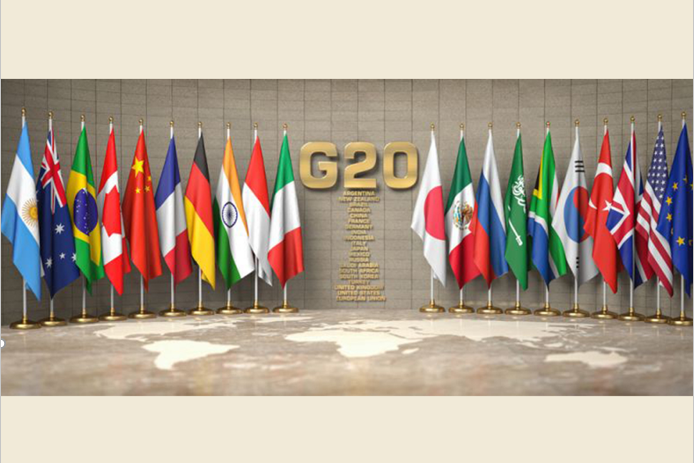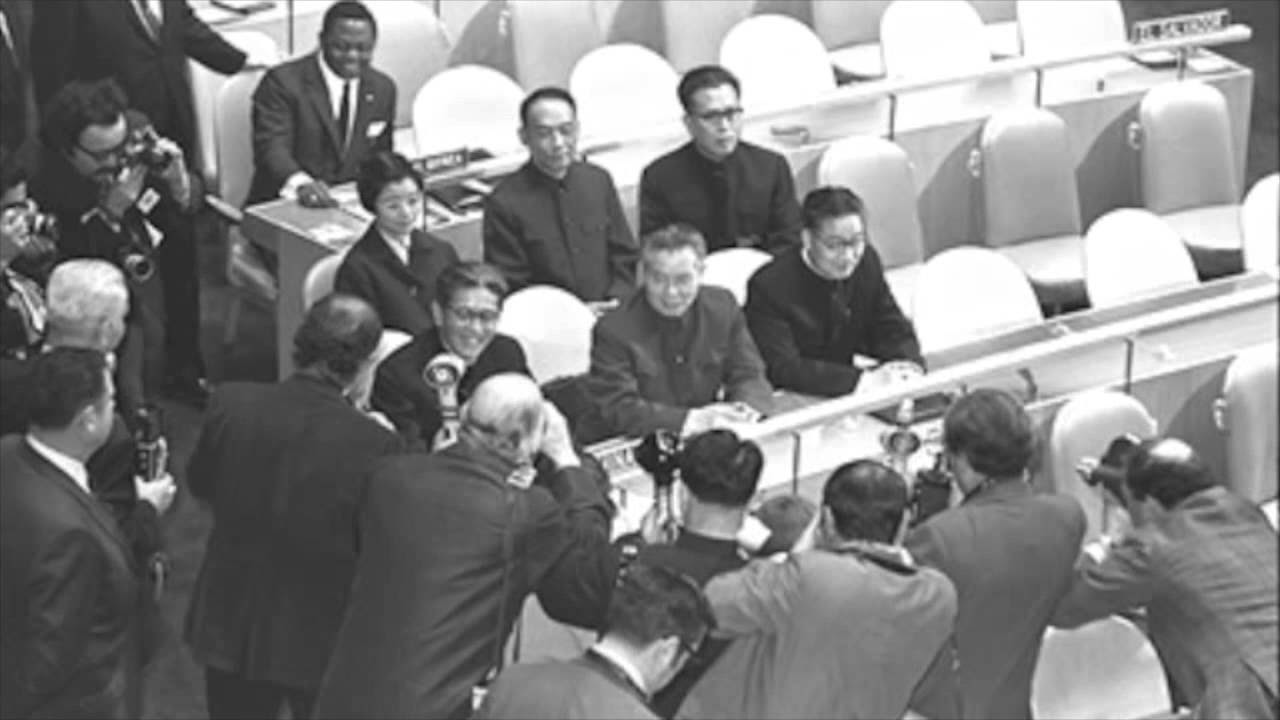
Oct 30, 2021
Clike to read the full reportThe issue of sovereign debt governance, especially for lower-income countries, entered into the G20 agenda well before the outbreak
Sourabh Gupta, Senior Fellow, Institute for China-America Studies
Oct 26, 2021
Though the Biden administration has promised that a comprehensive policy on trade with China would be produced, it is looking more and more like they intend to piece together Trump-era actions under their name.
Jin Liangxiang, Senior Research Fellow, Shanghai Institute of Int'l Studies
Oct 26, 2021
In pivoting to the Asia-Pacific region, the U.S. could undermine its own global leadership by turning away from Europe and the Middle East, where trust in the U.S. security blanket has eroded. Countries in those places are edging increasingly toward self-reliance.
Philip Cunningham, Independent Scholar
Oct 26, 2021
Japan’s new prime minister is setting the diplomatic tone for his time in office. If he can steer clear of “Cold War” rhetoric and challenges from his own party, he may be able to subtly redefine Japan-China relations.
Oct 26, 2021
Biden's nominee for next U.S. ambassador to China didn't mince words before Congress.
Dong Chunling, Deputy Director, Office of the Center for the Study of a Holistic View of National Security, CICIR
Oct 21, 2021
The importance of China-U.S. relations goes far beyond the two countries. Their relationship influences no only their own people but also sets an example for others. They need to step up to the task.
Brian Wong, Assistant Professor in Philosophy and Fellow at Centre on Contemporary China and the World, HKU and Rhodes Scholar
Oct 18, 2021
When the leaders of Europe and China speak, there will be an understanding that each side is navigating the U.S.’s opposition to the latter’s agenda.
Li Yan, Director of President's Office, China Institutes of Contemporary International Relations
Oct 18, 2021
Over several decades, the U.S. has emphasized crisis management with China, mostly for tactical reasons. Now, the Biden administration’s emphasis is clearly strategic. The U.S. wants to be in a position to constrain China’s policy options, while tilting the playing field toward its own interests.

He Yafei, Former Vice Minister of Foreign Affairs
Oct 18, 2021
True multilateralism, as reflected in the UN Charter, is the foundation of a functional world order, which in turn yields peace and prosperity. The future is not necessarily gloomy, so long as nations, which face daunting challenges, can work together in a spirit of harmony.
Wu Zurong, Research Fellow, China Foundation for Int'l Studies
Oct 13, 2021
Progress should not be in perception alone but should translate to real action. There is reason for optimism after three rounds of discussion — in Anchorage, Tianjin and Zurich — yet it appears the Biden administration is not yet ready to fundamentally change Donald Trump’s anti-China policy.
Back to Top

- China-US Focus builds trust and understanding between the U.S. and China through open dialogue among thought leaders.
- Our Offerings
- Topics
- Videos
- Podcasts
- Columnists
- Research Reports
- Focus Digest
- Stay Connected
-
Thanks for signing up!
- Get the latest stories from China-US Focus weekly.